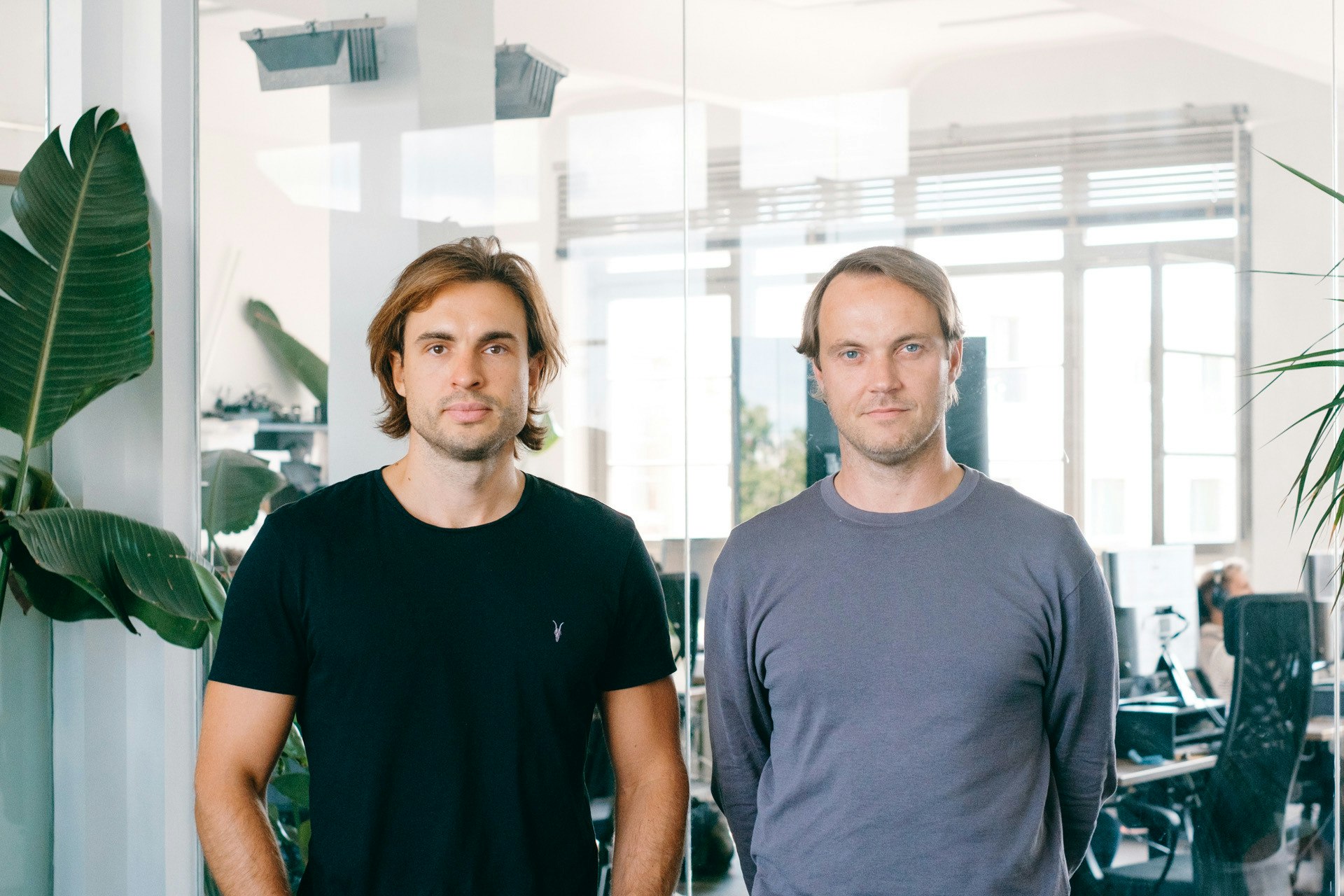Climate tech funding has taken a hit in 2023, but one part of the industry is still lively. Today, two British startups working on verifying carbon removals have raised a combined $82m.
Isometric, a startup founded by serial founder Eamon Jubbawy, has raised a gigantic $25m seed round led by LowerCarbon and Plural to build its carbon removal registry. Jubbawy previously founded fintech Onfido, as well as billing and payment company Sequence and recycling startup Safi.
The second company announcing a raise today is Sylvera, which launched in 2020 and has just raised a $57m Series B round led by Balderton. Sylvera provides data on carbon credits to companies and asset managers.
Both startups are aiming to tackle a problem that's plagued the voluntary carbon market, where companies and individuals buy carbon credits to offset their emissions. Credits are sold by project developers running everything from direct air capture plants to reforestation schemes. Between the buyer and seller lie a host of mechanisms, including registries to verify credit quality and brokerages to sell large quantities of them.
The market has been criticised for the quality of credits — which some say exaggerate the carbon actually sequestered from the atmosphere — and for counting credits more than once.
Those concerns have grown this year after a Guardian report claimed that 90% of rainforest credits on the world’s leading carbon credit registry didn't represent genuine carbon reductions.
Isometric: a new carbon registry
Carbon registries assess the legitimacy of carbon credits and put a stamp of approval on them. Jubbawy’s Isometric is building a registry focused on long-term carbon removals, with projects typically promising to lock in removed carbon for at least a thousand years. Methods include biomass removal, direct air capture and enhanced weathering.
“The four key things that we try and do differently are to instil a new level of scientific rigour, a new level of transparency, a new level of collaboration and a new level of incentive alignment into everything we do,” says Jubbawy.
Isometric is working on the protocols for verifying the quality and quantity of carbon removals it issues. Once that’s done, it’ll use third-party verifiers to assess if projects meet the protocol standards. The company hopes to start issuing credits towards the end of this year.
Isometric’s seed raise, which is one of the largest ever for a European climate software startup, included participation from angels including Skype founder Niklas Zennström and David Helgason, founder of Unity Technologies.
As well as its raise, the company is today launching a “science platform” where carbon credit suppliers can publish their processes, data and protocols for the scientific community to comment on.
One criticism levelled at existing registries is that they make money by selling each credit they validate, so they’re incentivised to issue more credits.
“The big issue market commentators have pointed to in traditional carbon markets is systemic over-crediting, partly down to the fact that when you charge on a per credit issued basis, you're naturally incentivised to issue more credits,” says Jubbawy. To try and remove that dynamic, Isometric charges a flat fee for each purchase a buyer makes.
To build Isometric, Jubbawy called upon talent from his previous ventures; the head of people and the head of engineering at Onfido now hold the same roles at Isometric. The company plans to use the seed money to hire more scientists and engineers.
Sylvera: a carbon data provider
London-based Sylvera comes at the problem of verification from a slightly different angle. The company doesn't run a registry — instead, it provides additional data to companies and asset managers on the quality of the credits they intend to purchase.
Sylvera uses satellite images, 3D laser scans and other data to monitor the performance of credits which have already been approved by registries like Verra and Gold Standard. Sylvera doesn’t sell credits itself, rather it takes a fee from companies using its data for due diligence before purchasing credits from separate marketplaces.
The company raised a $32.6m Series A round in January 2022. Its Series B, announced today, is led by Balderton and included funding from Index, Insight Partners, Salesforce Ventures, Speedinvest, Seedcamp, LocalGlobe, Fidelity Strategic Ventures, Bain & Company and 9Yards Capital.
Sylvera’s currently expanding into the US and opening an office in New York. The company has 12 employees in the US and wants to double the team there by the end of this year.
The trillion-dollar market
There's a strong appetite from investors across the board for tools working on the voluntary carbon markets. Other recent raises include £5.3m for Cur8, a carbon removals brokerage (which, instead of verifying removals, is focused on packaging them up as a product for buyers) and $50m for BeZero which, similarly to Sylvera, works on rating carbon credits.
The industry’s founders are bullish on the economic potential tools working on carbon credit transactions have.
“All the reports are saying that it's going to be a trillion-dollar market at some point,” says Isometric’s Jubbawy.
“If you have a registry which is trusted and rigorous and sits at the heart of most or all of the transactions, then it's a complete no-brainer that that’s an enormous, iconic, important company.”


